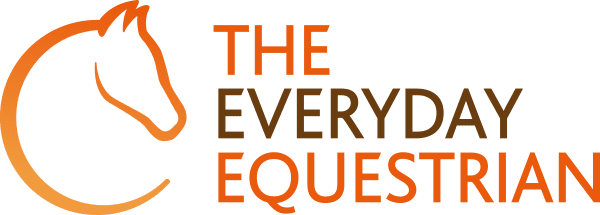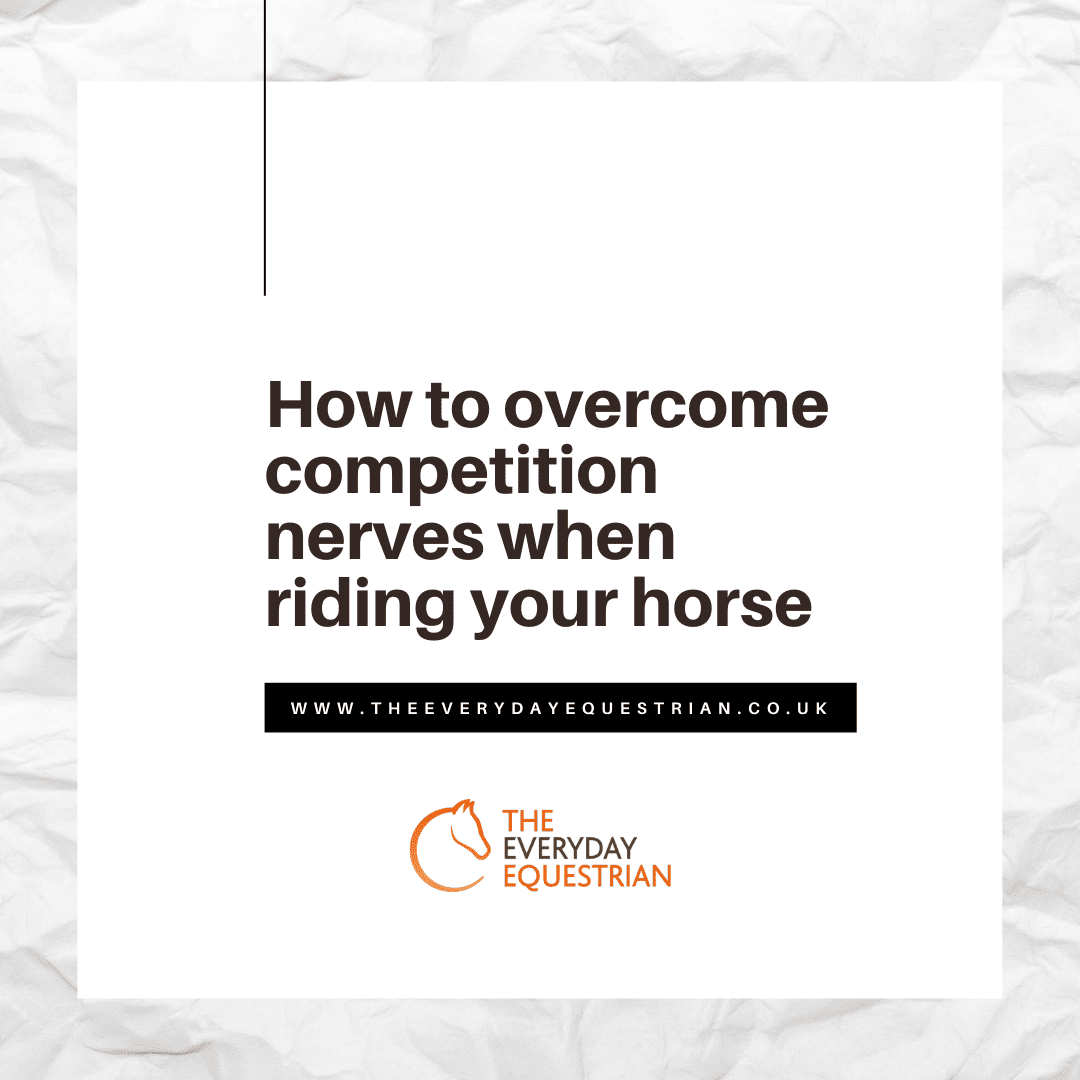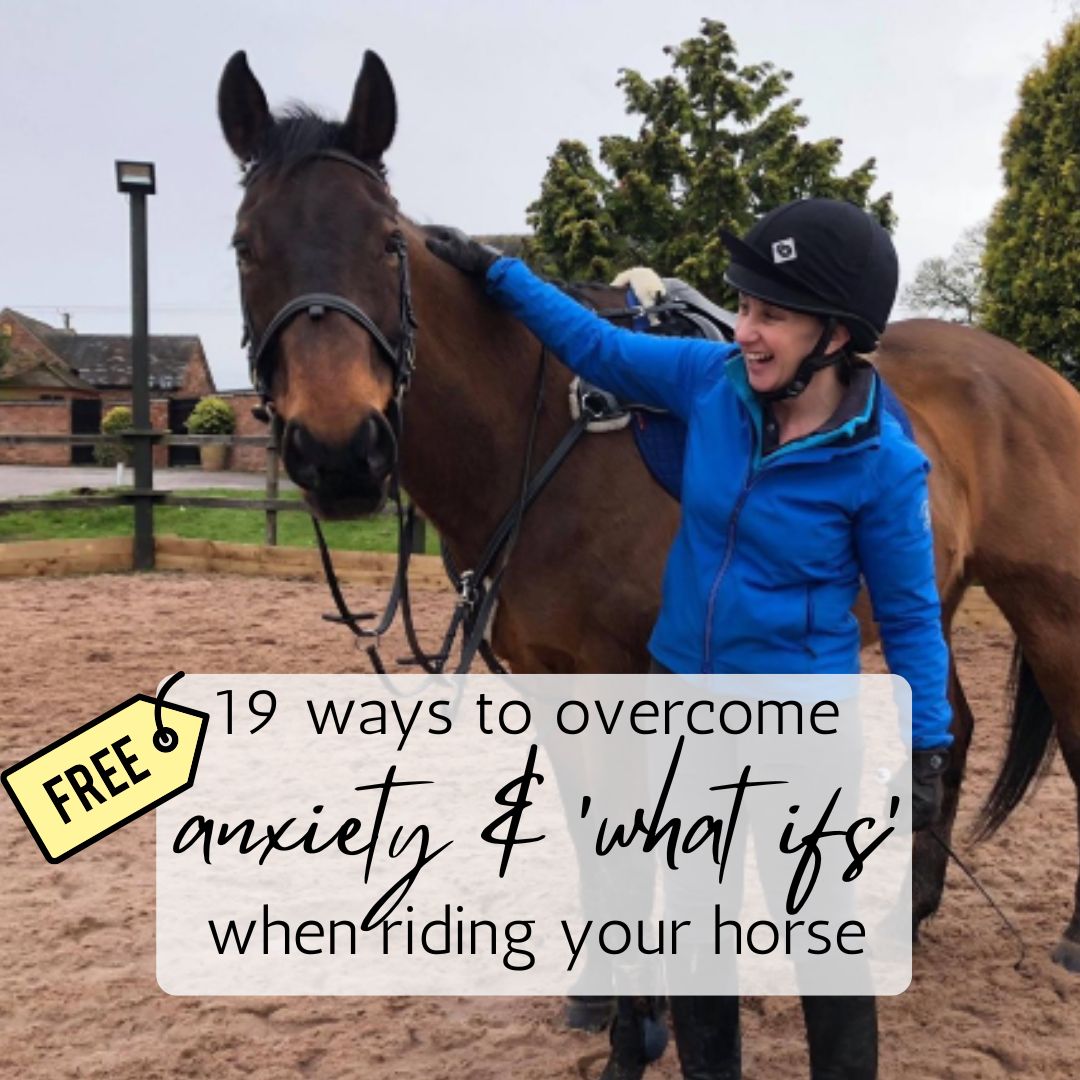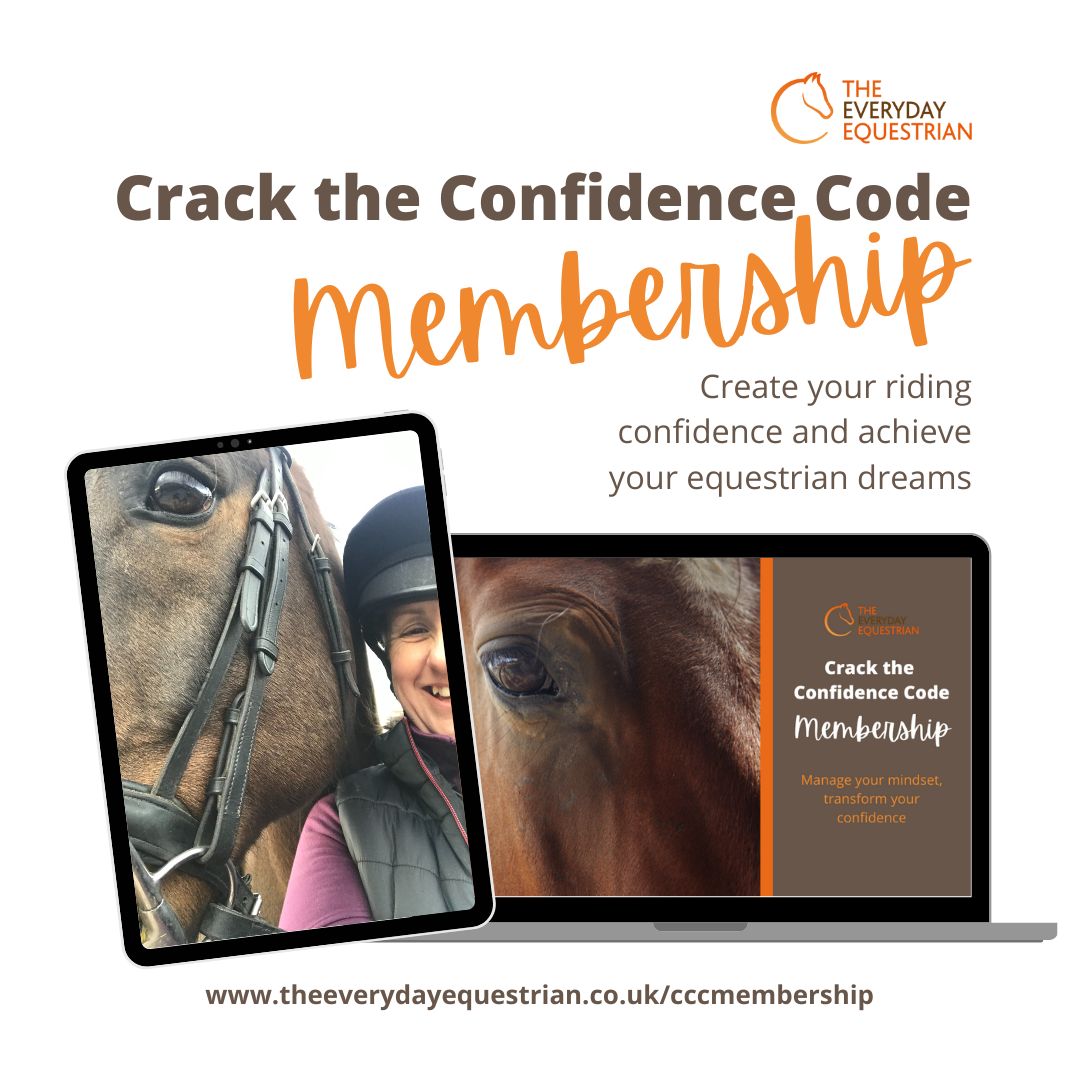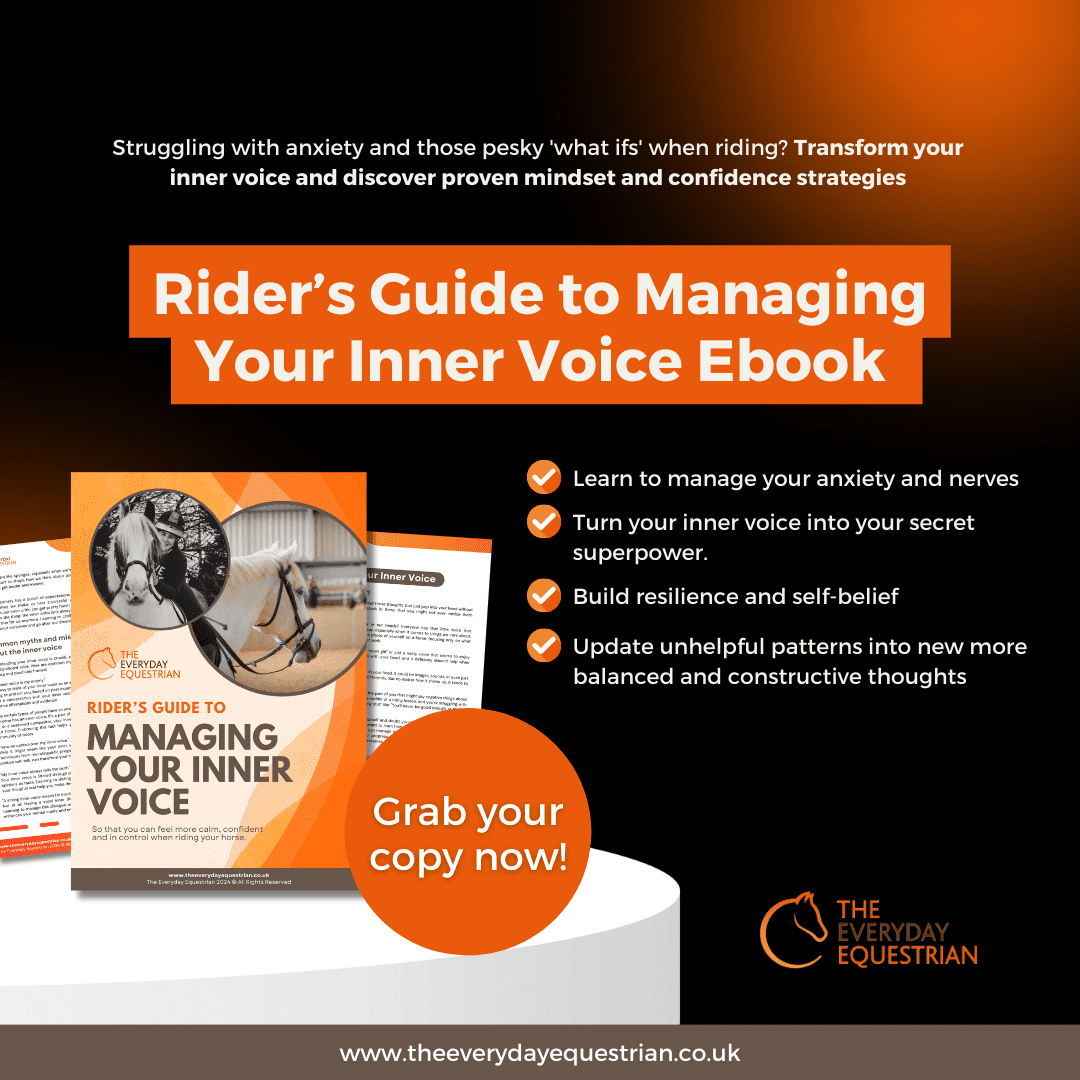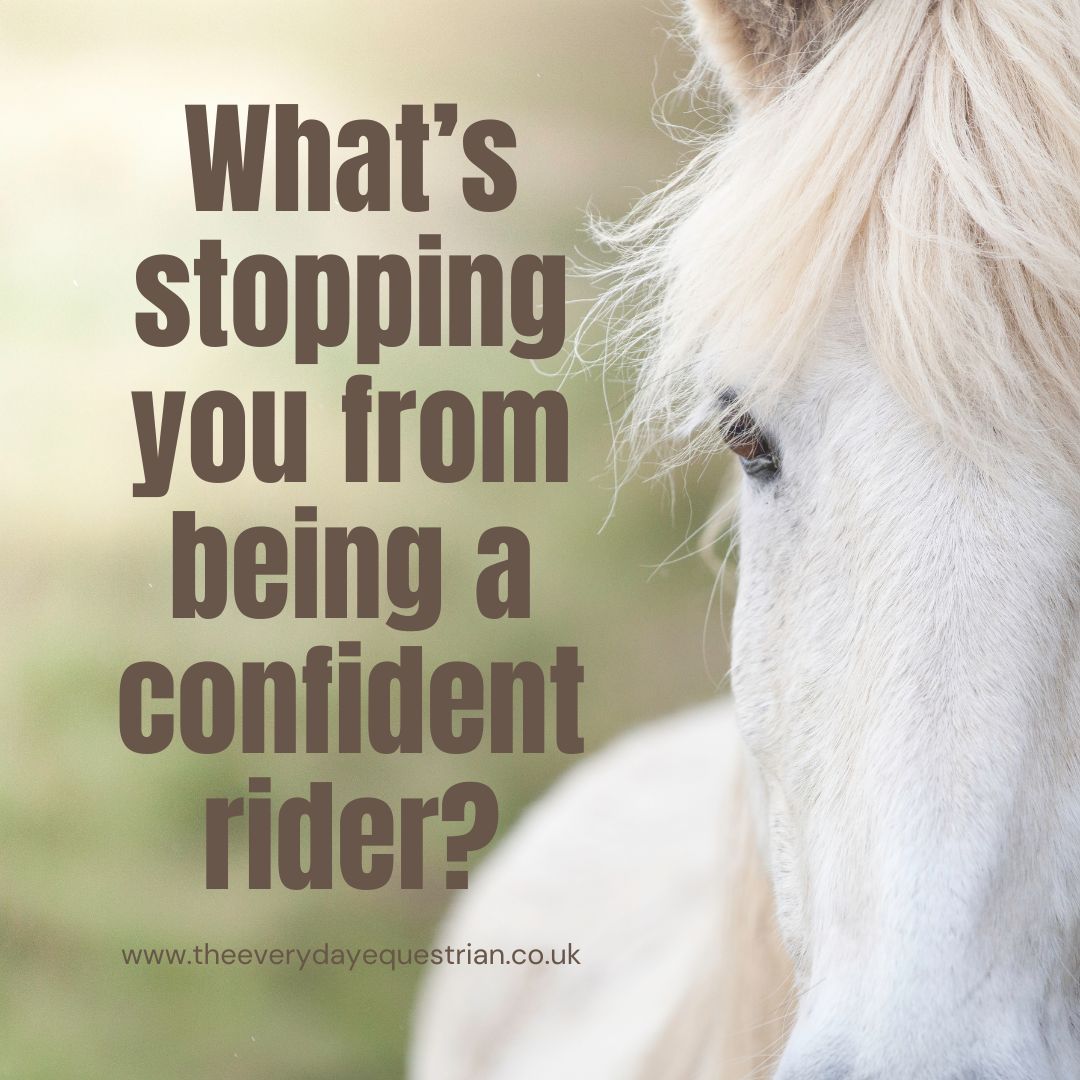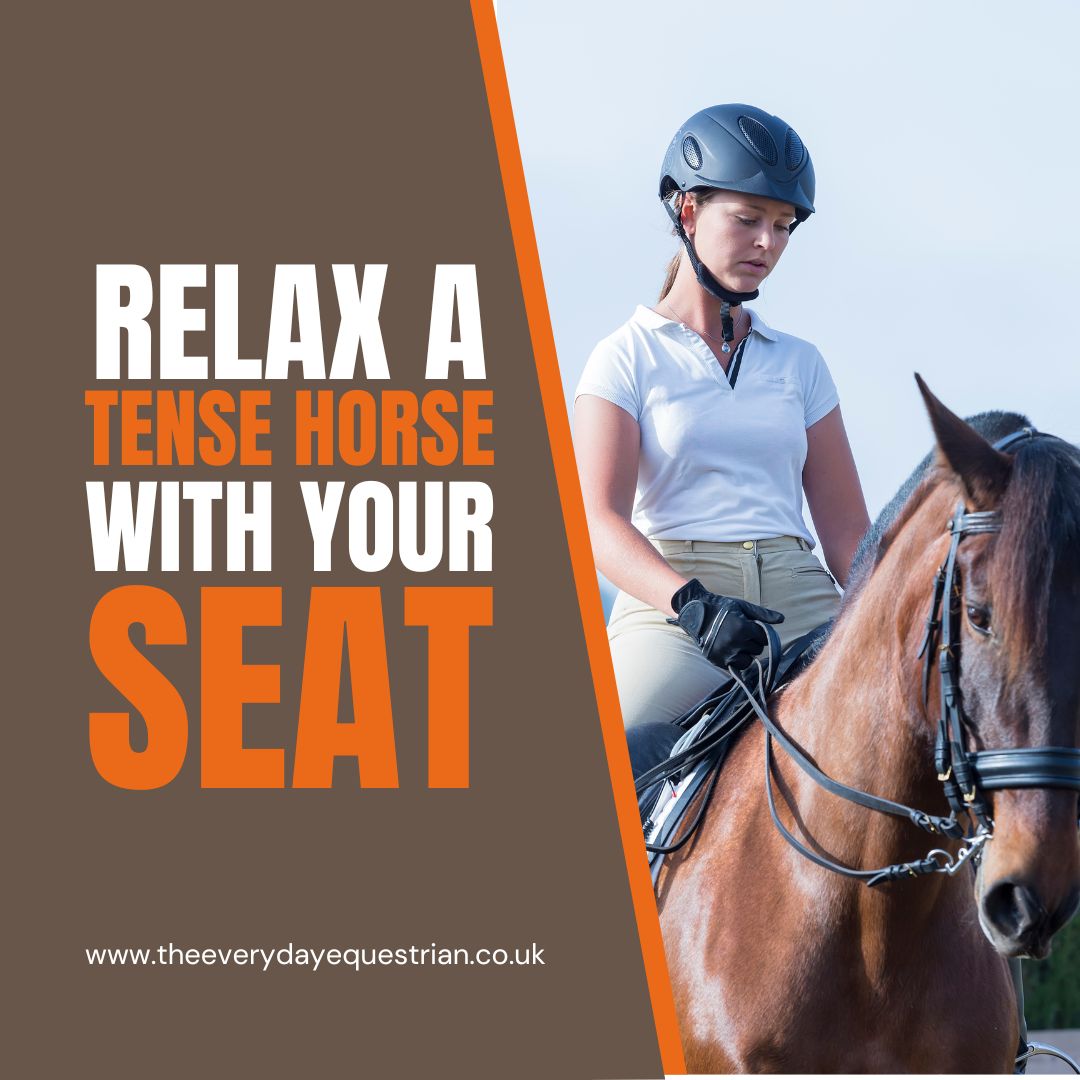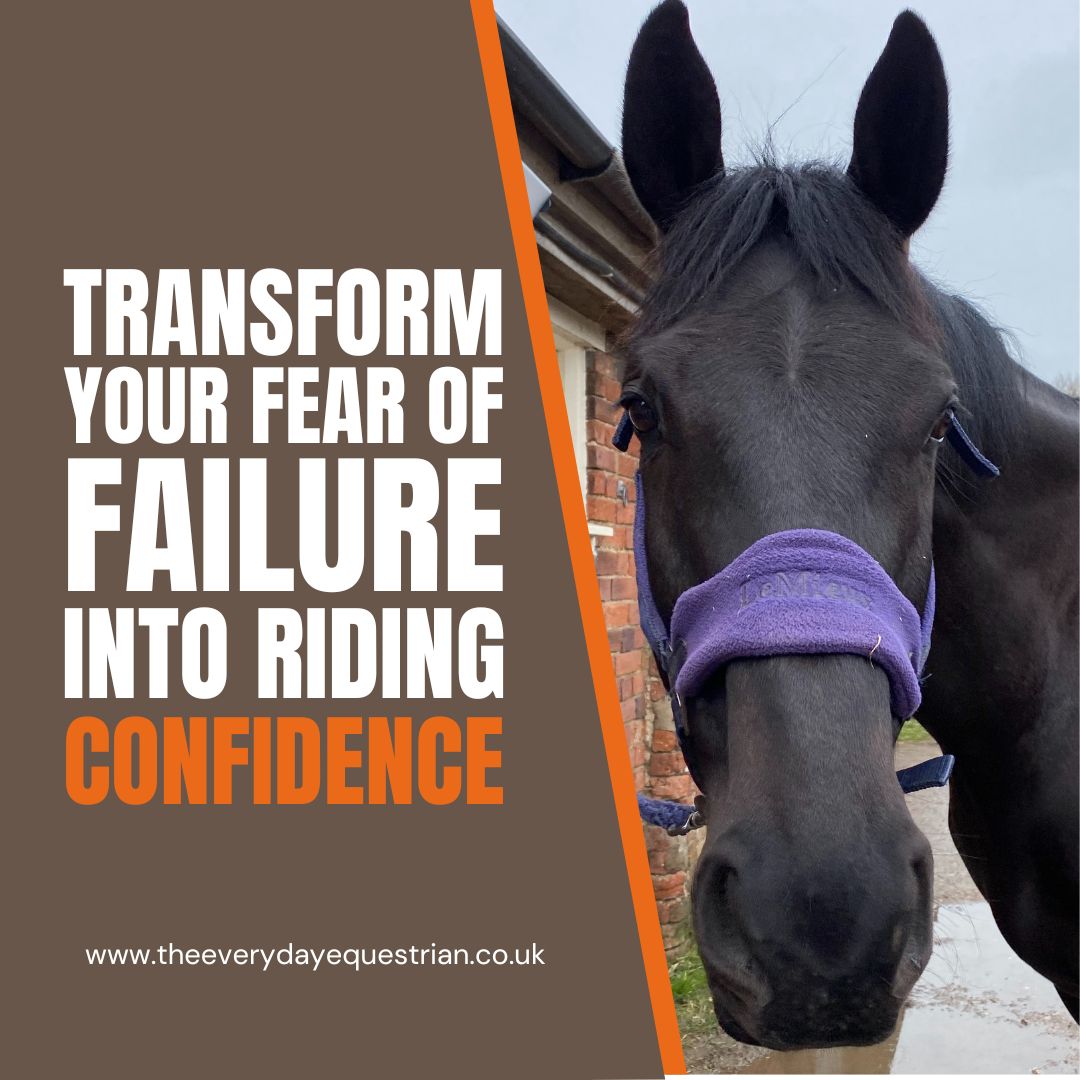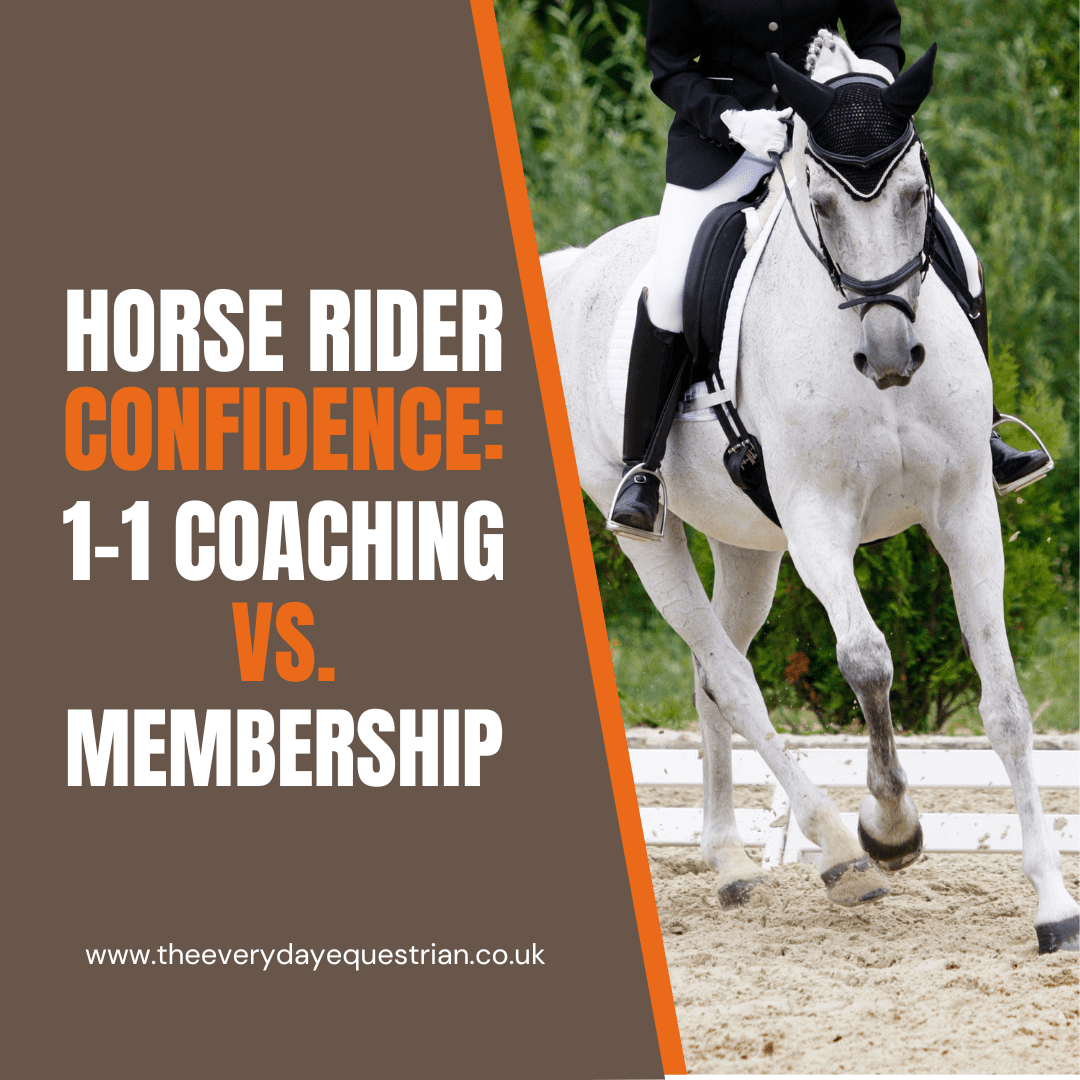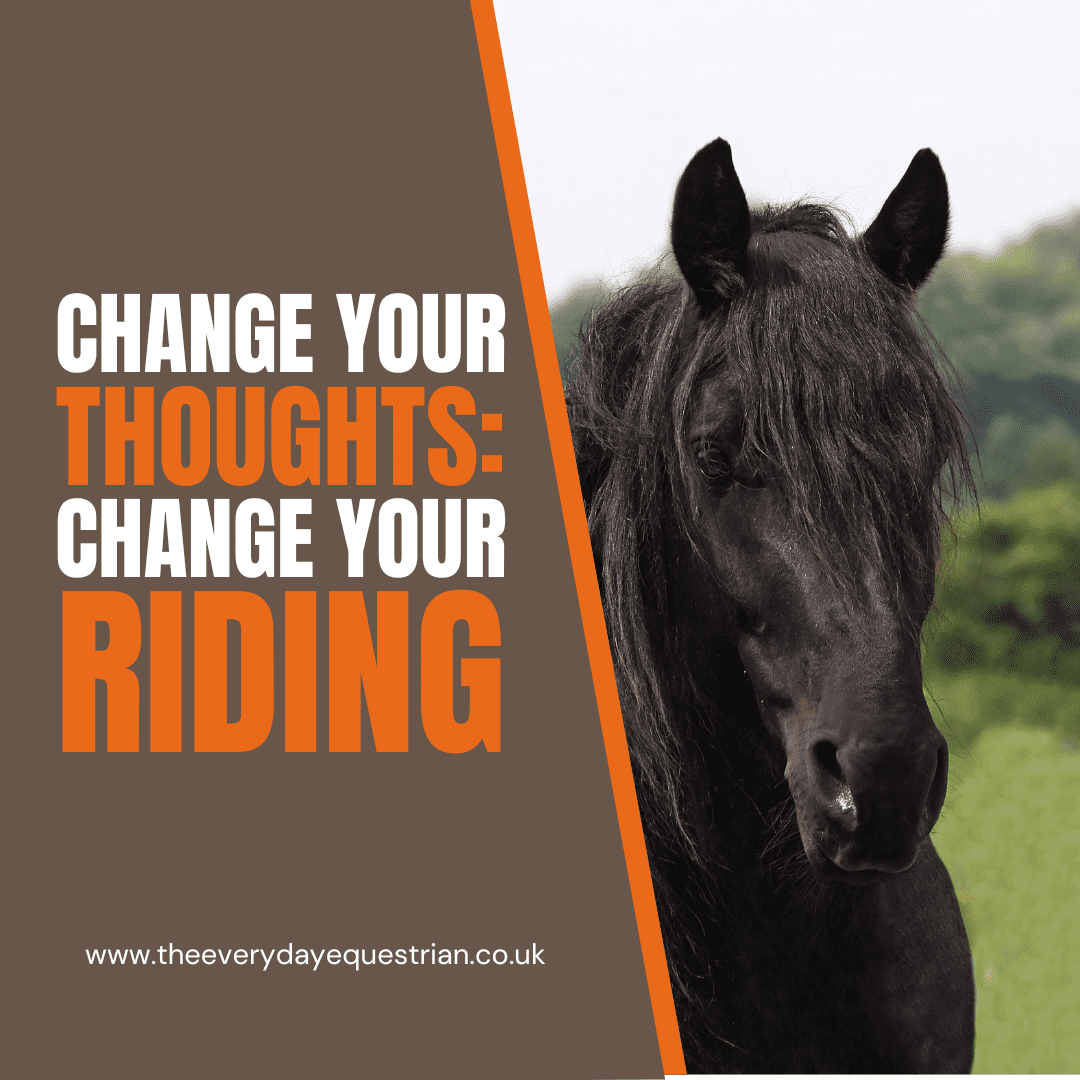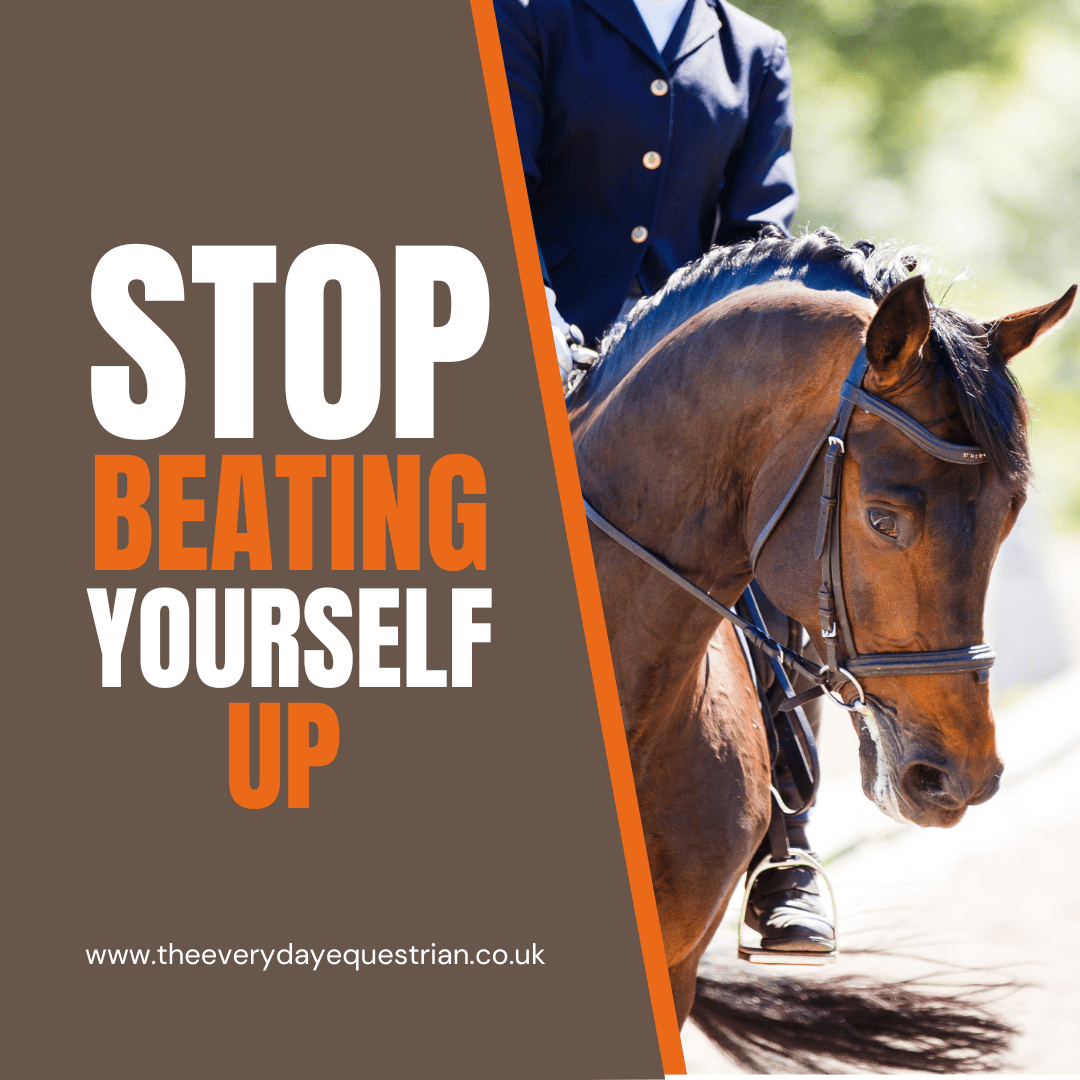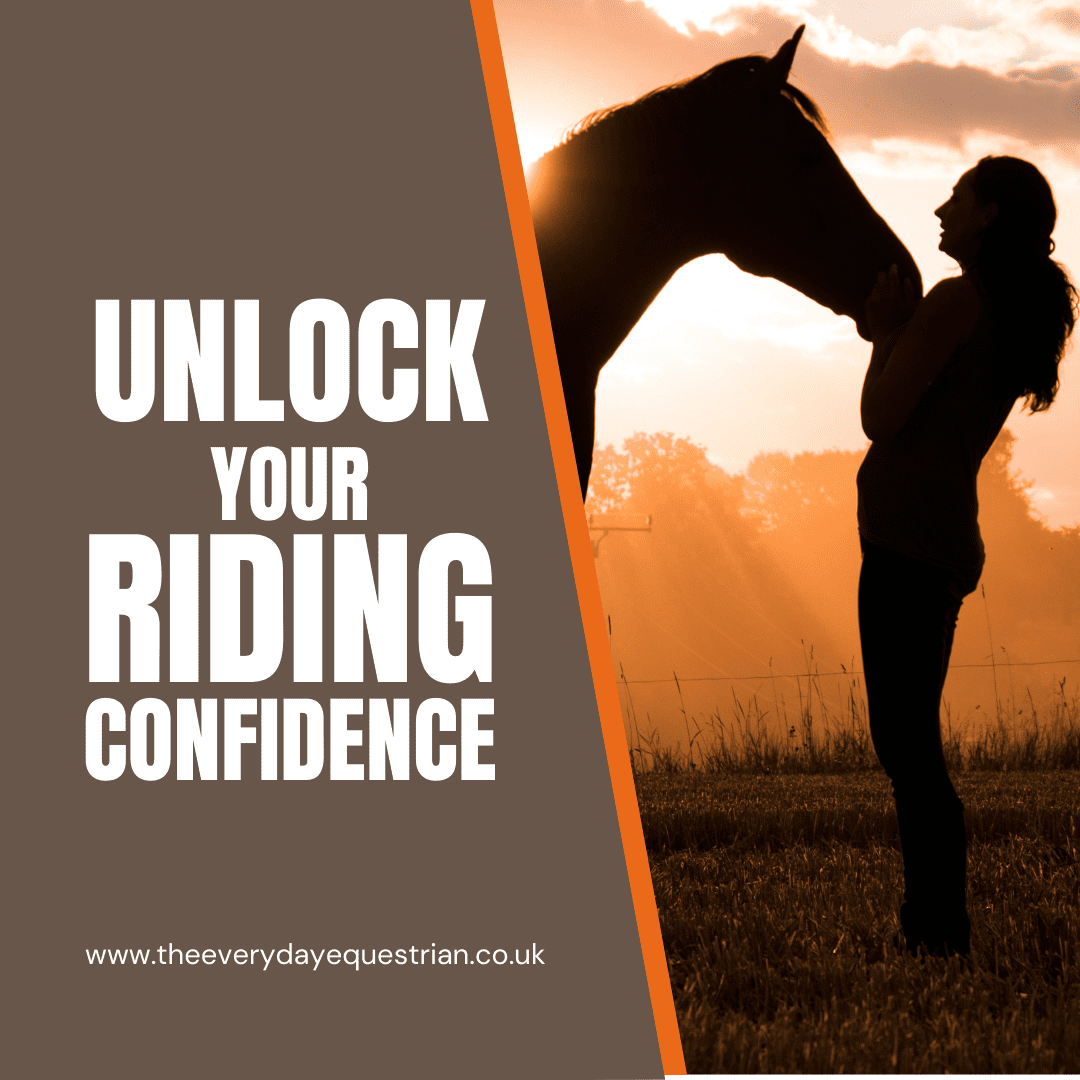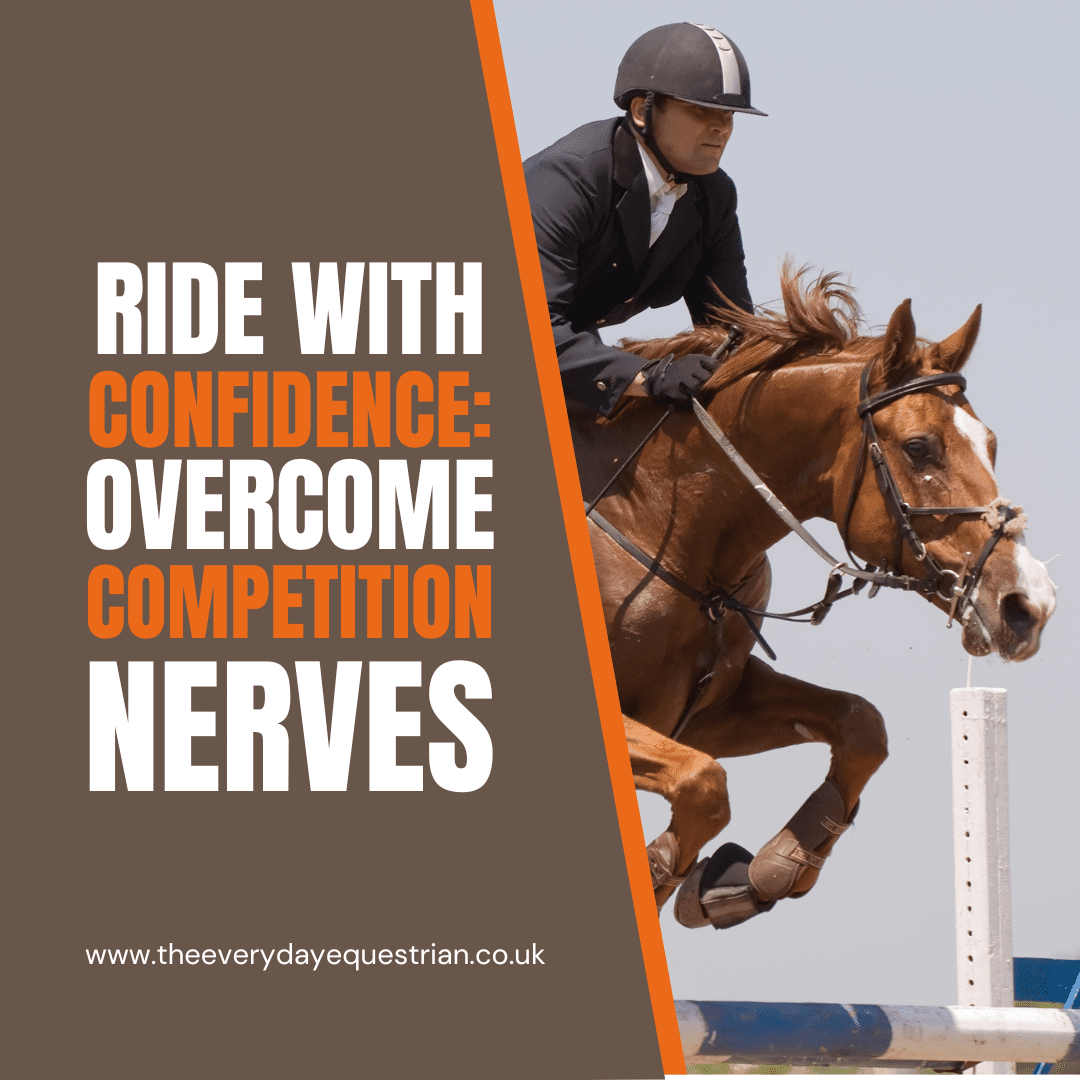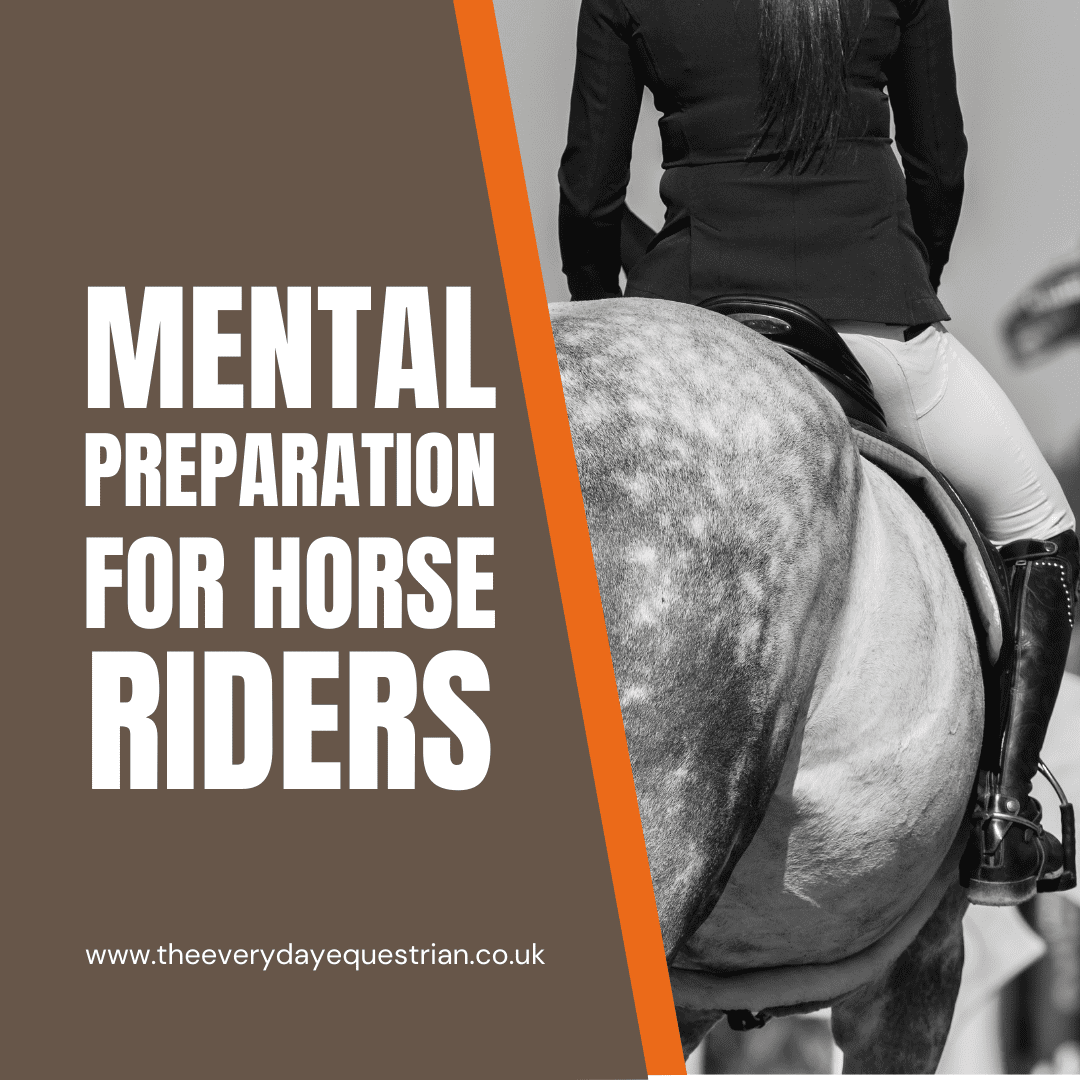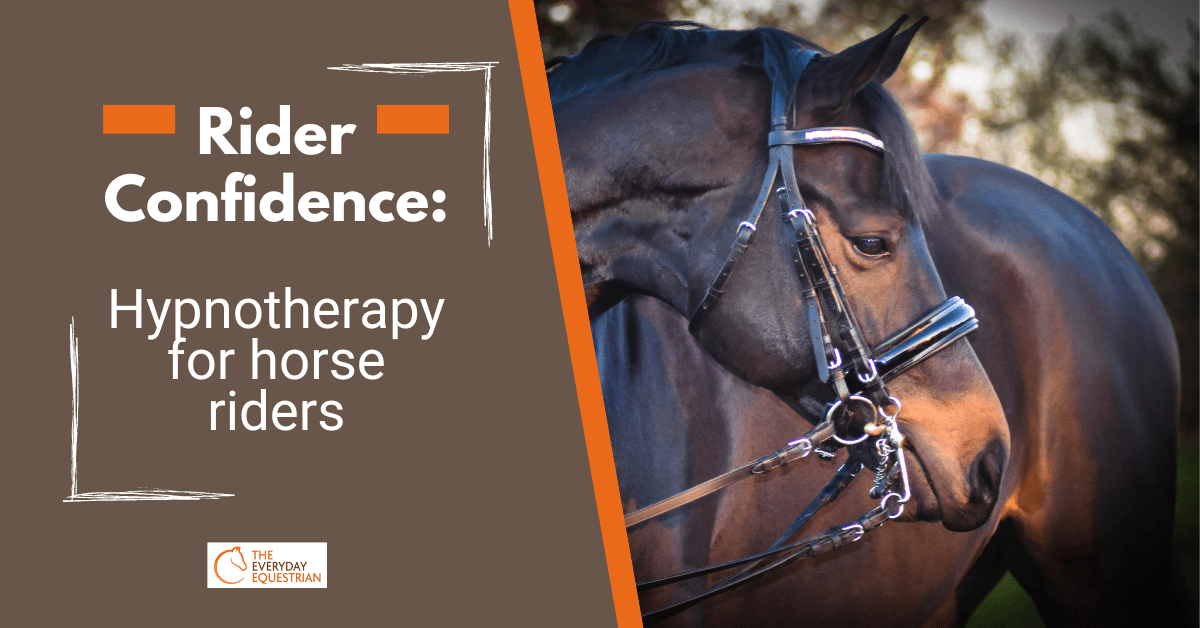Many riders struggle with competition nerves, whether they are just starting out or are experienced competitors. You may attend competitions and compare yourself to other riders competing who look cool, calm and collected but often what you see on the surface is not necessarily the true picture. Competition nerves can be debilitating, at best prevent riders from achieving peak performance, and at worst end in falls or eliminations. It can be so frustrating when you are able to feel so relaxed and comfortable riding in the comfort of your own yard and then you go out to a competition and become a nervous nelly.
The good news is, there are some simple ways to try and help with nerves which will help you feel much more relaxed and allow you to give your very best under competition conditions.
Here are my top ways to overcome competition nerves when riding your horse:
Positive Visualisation
Your imagination is a powerful tool and can have both negative and positive benefits depending on how you choose to use it. Try to use your imagination for the better and visualise in detail exactly what you want to happen instead of what MIGHT happen. Practice these visualisation techniques at least once each day. It can take time and practice to remove the bad visualisations that may still be lingering in your mind. Add as much detail to your visualisations as possible. What can you see around you? What can you hear? How will you feel during the perfect jumping round or dressage test?
Goal setting
Keep in mind the bigger picture – what do you want to achieve and do? Sometimes the small things we can’t let go of can hold us back. Try to look at the situation as a whole. Set yourself realistic long term, mid term and short term goals to help you stay focussed on what really matters. Break these down into actionable and manageable steps, think monthly, weekly or daily.
Relaxation techniques
When we talk about relaxation techniques we often assume this means attending yoga, pilates sessions or similar, but this isn’t necessarily the case (although yoga and pilates is a great tool for horse riders). Diaphragmatic breathing can really help with tackling nervousness and it does not require attending any specific classes, you can do this on your own at home, in the yard, even when in the saddle. Concentrating on your breathing can really assist with nerves and can help with progressive muscle relaxation. It is common for riders to forget to breathe correctly whilst riding and although this can sometimes boil down to immense concentration, 9 times out of 10 it is down to nerves. Breathing correctly whilst riding is an art and one that needs to be practiced regularly.
Inner Voice
Paying attention and checking your own thoughts can be a great tool with helping reduce nervousness and anxiety levels. When you are feeling this way ask yourself the following question; What is your internal voice telling you? Is it all negative? Challenge any negative thoughts you have and look for the positive evidence which contradicts them. There are always positives, you just need to dig deep to find them. Try reframing your nerves into excitement!
Develop self-confidence
Be your own biggest cheerleader! Give yourself a pat on the back and reward yourself when you have achieved (even if it is the smallest of steps forward). Focus on past successes over failures. It’s so easy to remember the failures, they always seem to be in the forefront of your mind. Try to push them to the side and concentrate on when things went right. Make practice and thorough preparation a priority. Preparing yourself in advance can make a world of difference to not only your confidence, but also your execution. Make sure you are well practiced and prepared before a competition which will help keep you more relaxed and focussed.
Distract yourself
There are many ways in which we can distract the brain from negative thoughts. Listen to music, mediate, read, talk to select other people. You have to find what works for you, but you can be sure there is something out there that will keep you distracted from the negative chatter and self doubt whizzing around in your mind.
Focus on what you can control
Many riders let external influences have a negative effect on their performance, which is just a waste of time and energy. We can’t control everything around us and shouldn’t even try to. Only focus on the things you can control. What you can control is your mind, your own performance, how well prepared you are, and how well you implement techniques and strategies such as progressive muscle relaxation and imagery. If you struggle with competition nerves when riding, check out my Rider Performance Toolkit, where you’ll learn how to compete with confidence, so that you can enjoy achieving your equestrian goals.
